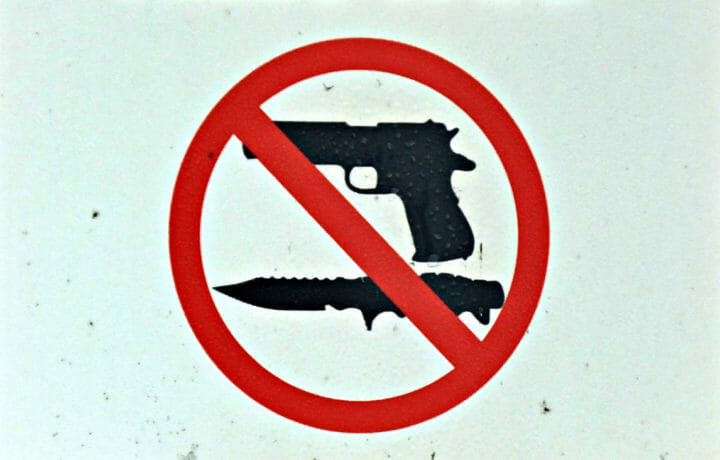Here’s your weekly DOHA dose – a shot of security clearance appeal cases and their outcome. The Defense Office of Hearings and Appeals releases the results of their security clearance appeals cases. They’re one of the best insights into which clearance cases are granted or denied in the Department of Defense.
True or False: Work Ethic Isn’t an Adjudicative Criteria
Employment related questions come up frequently, with candidates wondering if a boss or coworker with a vendetta could tank their chances of obtaining a security clearance. Employment is a factor in a security clearance determination. While employment isn’t an adjudicative criteria, work history makes up a significant portion of the SF-86 security clearance application. A specific question also asks if an applicant has been terminated from a job for any reason. That is the question that frequently causes stress sweat for security clearance applicants, who have to indicate if they’ve been fired from a job within the past seven years (it’s not my fault I couldn’t hack it as a law secretary in high school; that panty-hose rule was a killer!).
A recent security clearance appeal posted on the DOHA website notes an individual with both financial issues and a history of leaving jobs on a bad foot. Some of the job abandonment was relatively minor and could potentially be mitigated (time sheet discrepancies and failing to show up to work). His other employment terminations were not so minor – and included brandishing a knife after a disagreement with a client.
According to the incident report from that altercation, a Marine client had confronted the applicant after he claimed he was entitled to a computer the applicant had. The Marine client then “pulled a magazine from a pouch in his pants, inserted it into the magazine well of his handgun, and pointed the weapon at the applicant’s head,” according to the DOHA report. This is when the applicant pulled out a knife. (I don’t know where this is, but it really shows that Marines take everything more seriously and this guy must have had the worst help desk job on the planet).
The JPAS incident related to this issue was mitigated. So this employment issue as a standalone, as significant as it is, is not necessarily a clearance killer. What was for this applicant was that this was the first in a series of three terminations over the course of the next decade, each for cause. Patterns of behavior are critical in the security clearance process. A single incident – even a severe one – won’t necessarily result in clearance denial. Three significant instances are difficult to overcome.
Many personal conduct security clearance denials also come down to underplaying the reason for adverse information. In outlining the reason for the termination, the applicant noted that he was terminated for ‘fussing with a client.’ MMMMMMkay, then. If your fussing with a client involves bringing a knife to a gun fight, we have a failure to communicate. The applicant would have needed to portray with clarity the instance – which can’t happen if you underplay an issue involving weapons (because weapons are also a specific concern addressed in the SF-86).
True: Work Ethic Isn’t an Adjudicative Criteria
Worth ethic isn’t an adjudicative criteria, but workplace issues do frequently come up in the security clearance process. Your conduct at work has serious implications for the security clearance process. Adverse information from employers, employment history, and workplace issues may come up in the security clearance process. A pattern of leaving a job on the bad foot has career and clearance implications.




